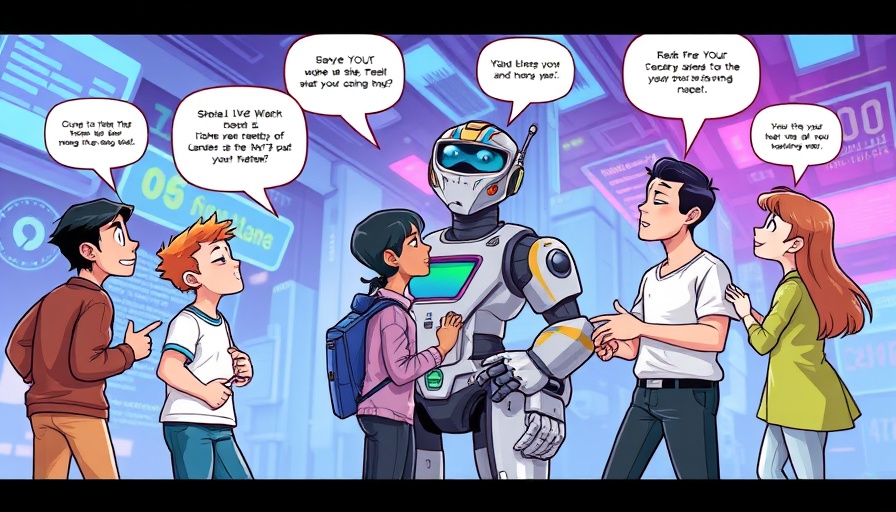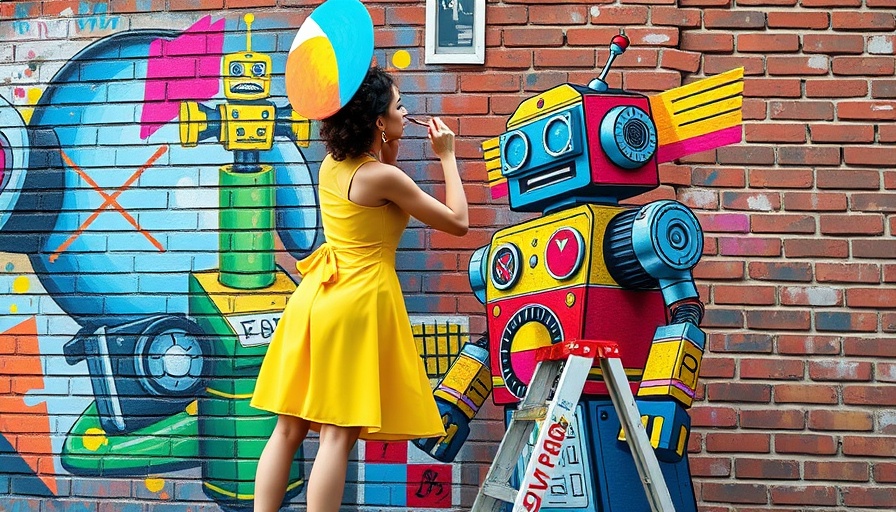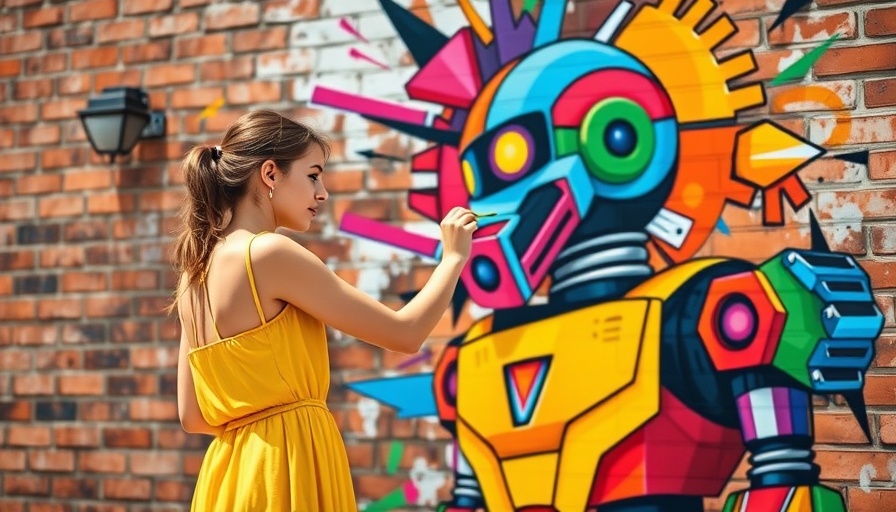
Understanding the Impact of LLMs on Creativity
Large Language Models (LLMs), such as GPT-4o, are crucial tools across industries for crafting everything from business emails to creative scripts. While they enhance productivity, a University of Toronto study raises concerns about their long-term effects on human creativity. Researchers suggest that reliance on these AI systems could dampen our innate creative abilities. As executives and decision-makers keen to implement AI strategies, understanding the nuances of this study is essential.
How AI Can Inhibit Creative Thinking
The study utilized established psychological testing methods to analyze how LLMs affect creative thinking. In divergent thinking tasks, participants brainstorm alternative uses for objects. In convergent thinking, they connect seemingly unrelated words. Results indicated that while the AI boosted immediate performance in the assisted group, those who engaged independently exhibited stronger creative thinking later. As decision-makers, evaluating the balance between leveraging AI and fostering employee creativity is vital for long-term innovation.
The Future of AI in Creative Tasks
As AI becomes more ingrained in the workplace, its role in shaping creativity is a key concern. The findings underscore the necessity for developers and corporate leaders to take a balanced approach, weighing the immediate gains against potential long-term impacts on original thinking. This research offers a valuable insight for creating strategies that balance tech integration with human creativity. Executives can use these insights to anticipate future trends and plan accordingly, ensuring technology enhances rather than diminishes innovative potential.
 Add Row
Add Row  Add
Add 




Write A Comment